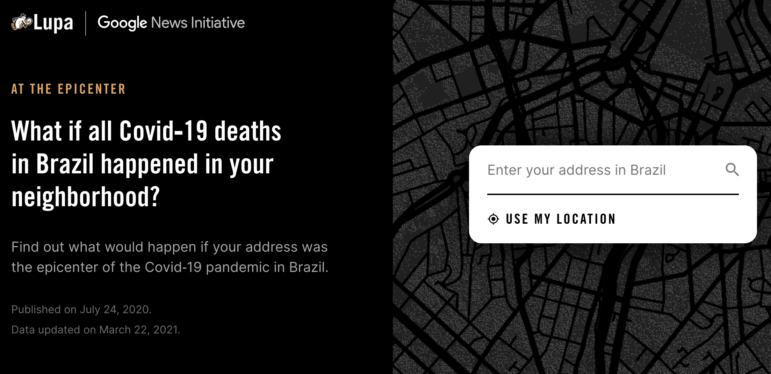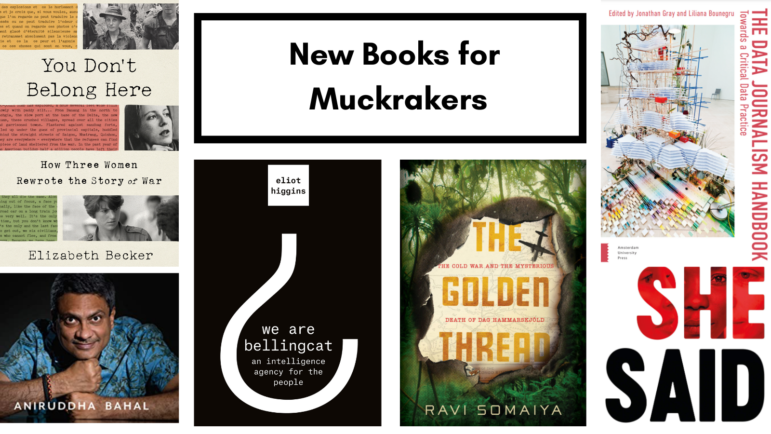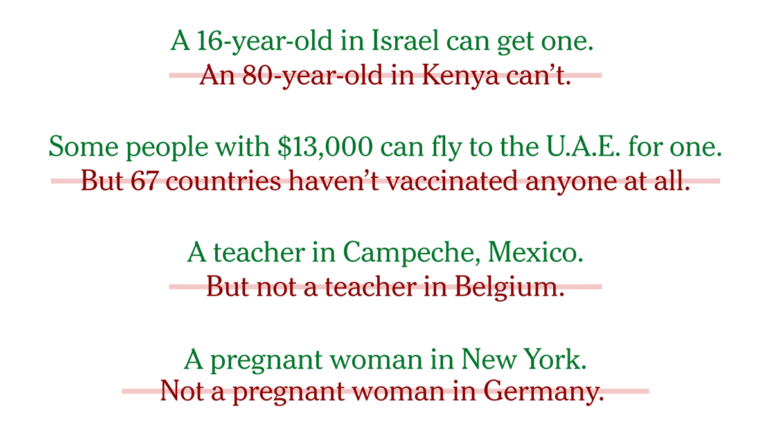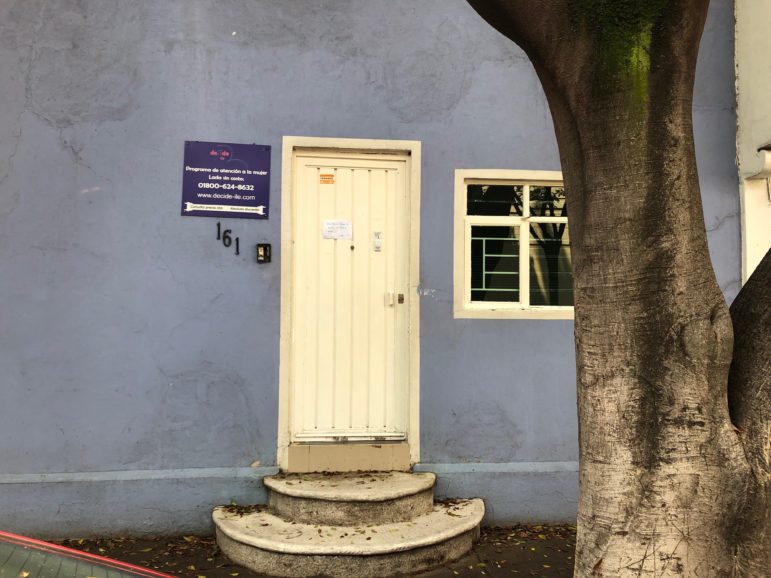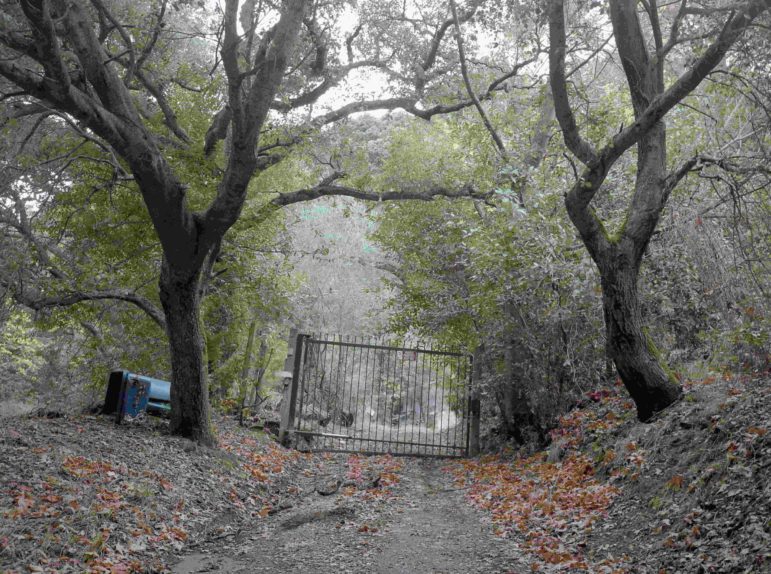
News & Analysis
Reading 50,000 Records to Expose a Hospital Bankrupting Poor Patients
When Giacomo Bologna was working on his first freelance story, he reached out to the Fund for Investigative Journalism for help. With a grant to cover his gas mileage, the cost of copying records, and his time, Bologna set up shop in a small room on the third floor of a courthouse in Mississippi and started reviewing paper files to trace a large nonprofit hospital’s practice of aggressively pursuing payment from thousands of poor patients.


